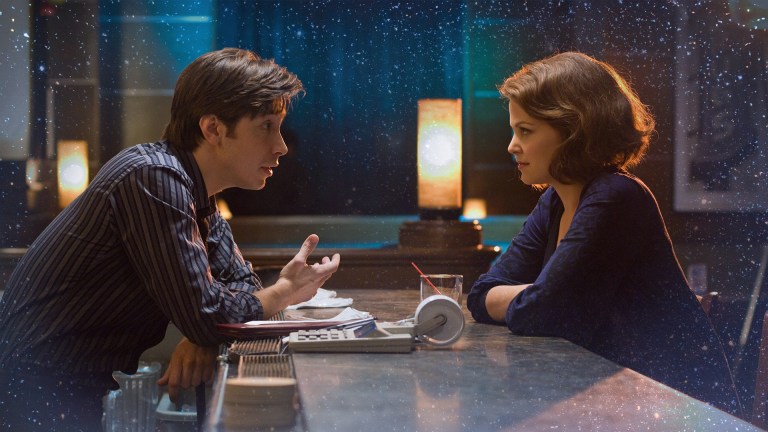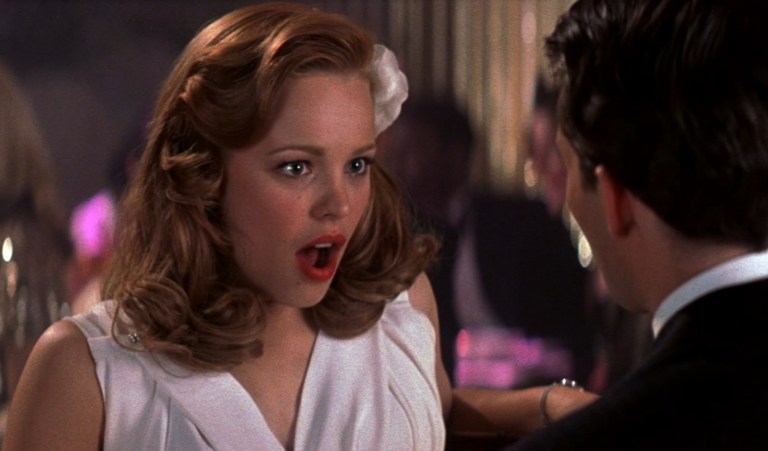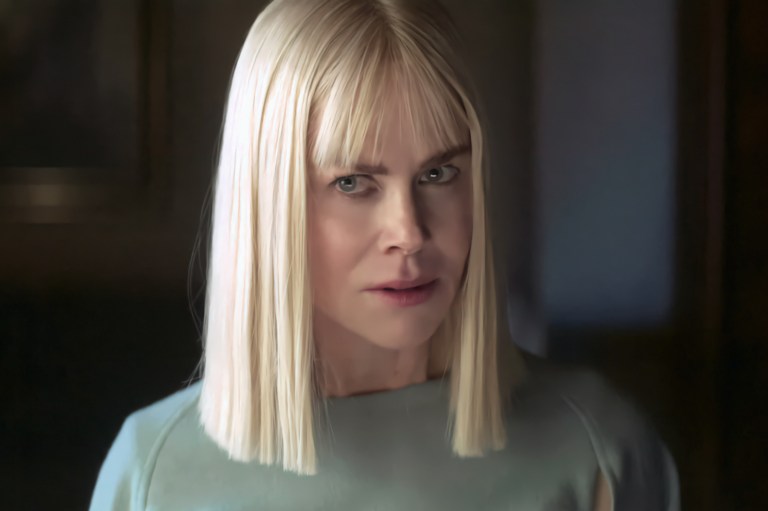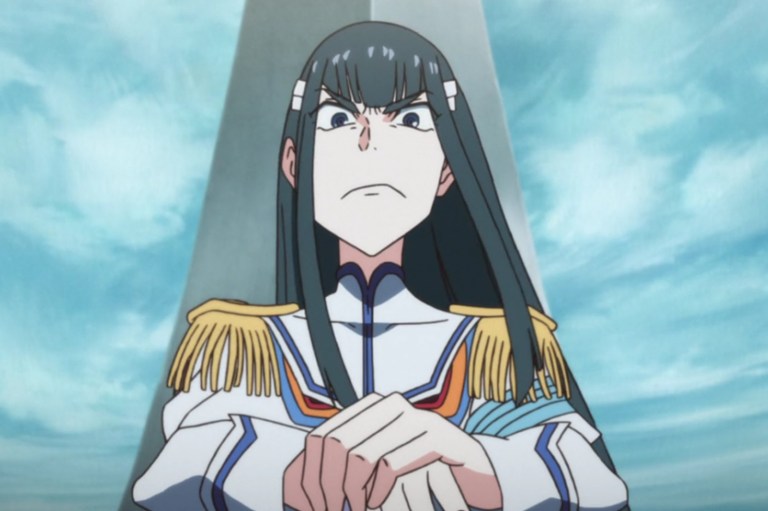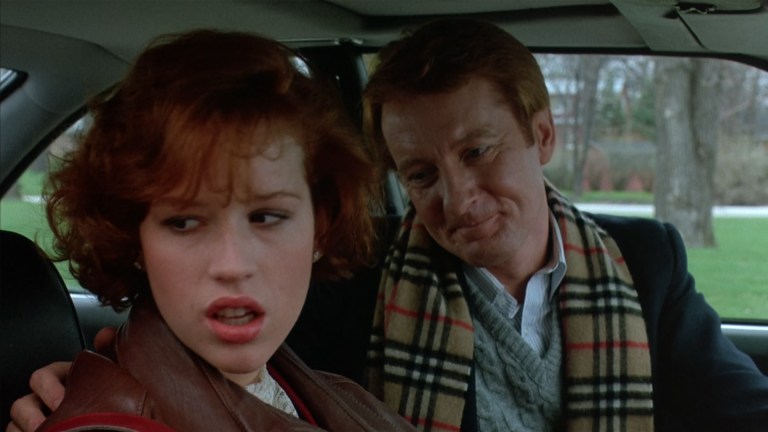
What My Nose Job Taught Me
I let my nose break me, but it turns out that, for the most part, I just wanted something to blame for my shortcomings.
My late grandmother wrote me a check to cover miscellaneous college expenses. I was eighteen years old, about to go to university out of state. Immediately after my parents told me the check was written, I told them I was getting a nose job. There was no argument, no “God made you this way.” The fight to convince me that I was beautiful had been lost, lost a long time ago, and no clothes or compliments or verses from Proverbs could put that damaged girl back together again.
I sat with nervous excitement in the waiting room of the first plastic surgeon whose office returned my calls. They called me into a low-lit room with a giant Nikon hanging from the ceiling and I sat in a spinny chair as a thirty-something with really thin eyebrows took pictures of me from every angle. In between sips of lemon ice water, I was told that my nose could be “elegant” and “feminine.” He said he would give me every discount possible, which I’m assuming was true, based on the actual price. In less than thirty minutes, I was convinced enough to sign the dotted line, and I was on my way to changing the face I’d known and loathed for seven years.
The bullying about my nose began when I was eleven. I skipped school when I didn’t want to be seen, and eventually I was transferred somewhere else. I Photoshopped almost every picture of me: holiday cards, profile pictures — I even asked my senior portrait photographer to give me a better nose. I hated myself for hating myself. To be honest, sometimes I still do. If only I hadn’t let the bullies get to me, if only I hadn’t accepted societal standards of beauty, if only I defined my self-worth somewhere other than the mirror. When I was at my lowest, feeling hopelessly ugly and unlovable, I would tell myself the same thing: I will fix it one day. And so I did.
The surgery was early in the afternoon. The room was very cold. My mom took three blurry pictures on my iPhone, pictures of a girl I no longer recognize. The operation took longer than they expected and the stars were out when I was wheeled to my car. I processed this as scientific validation that my nose totally sucked.
Today, I’m home for the summer and a year out of surgery, having a sleepover with my best friend of 16 years. She asked me — was it worth it? Does it still hurt?
Yes, it was worth it. For the first time, I know how it feels to be confident in my own skin. The parties, the boys, the carefree days and the compliments — that’s what I wanted. And that’s what I got. I can finally look in the mirror and see a face I admire. But it still hurts. Before surgery, I told my therapist I wanted to become a more confident version of myself, a girl whose personality and humor isn’t veiled by her insecurities. News flash: I still deal with anxiety, I still have my ugly days and sometimes boys leave me alone on the dance floor to “grab a drink.”
It’s ironic, but plastic surgery showed me anything superficial is just that: superficial. It’s what’s within you that makes or breaks you; the difference is that sometimes we let our appearances take the lead role in making or breaking us. I let my nose break me, but it turns out that, for the most part, I just wanted something to blame for my shortcomings. That happy, confident girl I wanted to uncover wasn’t hiding beneath extra cartilage — she’s inside of me, somewhere below the demons I’ve ignored for years. If it took a nose job to figure out where she was, so be it.
Plastic is a dirty word. People who get cosmetic surgery are shallow, self-indulgent and too rich for their own good. I get it. Maybe I am a little shallow, a little self-indulged, maybe I didn’t spend my money the right way. You can sift through every word I wrote and find your own justification to discredit my decision, but at the end of the day, I’m the only one with a real responsibility to confront my insecurities, just as you’re the only one who can confront yours. ![]()
